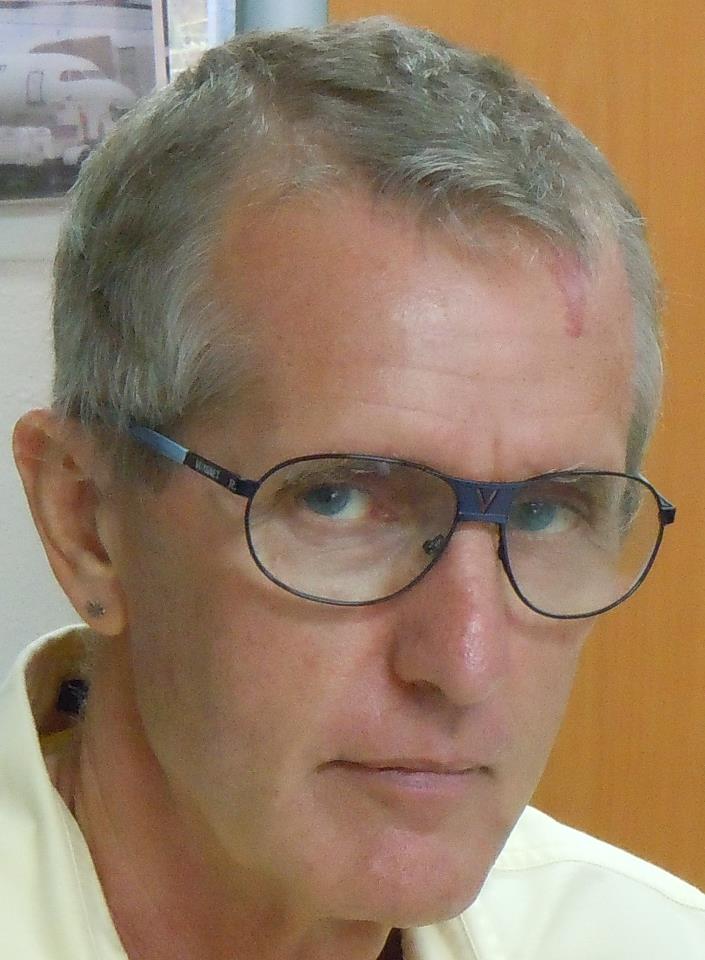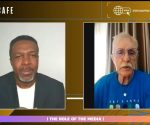Identify your customer

By Hilbert Haar
The Financial Action Task Force aims to inspire countries to take adequate measures against money laundering and the financing of terrorism. In March 2022 the organization updated its recommendations. Countries that fail to satisfy the FATF run the risk of being blacklisted to the detriment of their economy.
One of the key recommendations comes down to this: know your customer. Banks are asked to do their due diligence when entering into a new business relationship, but they are also advised to examine the credentials of existing customers.
The FATF due diligence recommendation contains these steps: identify your customer, make sure they use reliable information and establish who the beneficial owner of a business is. Banks who fail in this department face dire consequences, like losing relationships with their correspondent banks, a measure that would make it extremely difficult, if not impossible for banks in St. Maarten to do business across the border.
Correspondent banks take this very seriously, because they face huge fines if authorities find out that they maintain a relationship with a bank that does not play by the rules.
Some local banks got the message, considering that they have initiated several lawsuits attempting to get rid of customers that no longer satisfied their risk-appetite. This reaction from the banking sector hit local casinos in particular, but one party managed to avoid such scrutiny: the government.
In the Larimar-investigation into shenanigans at the port we have seen that several companies benefited from contracts, but that one man benefited most of all: United People’s party-founder Theo Heyliger who received kickbacks through companies like Frivol Realty, Skylight Real Estate, and Private Foundation Skyline.
Only insiders knew the real state of affairs, but the port, a fully government-owned company, was apparently none the wiser, or it took willingly part in these schemes. Whatever.
The beneficial owners of companies in St. Maarten remain quite often in the shadows. This is possible, because the shareholders-registers of companies are not public. The Chamber of Commerce duly registers the names of managing directors, but not the names of shareholders.
This makes it theoretically possible for the government to award a contract to a company led by director X, while its beneficial owner could be the minister who awards the contract.
That this is even possible ought to be reason enough for taking measures. That this does not happen strongly suggests that there is a lot going on behind the scenes that cannot stand the light of day.
And the solutions are so simple. Let me make two suggestions here.
One: oblige companies to provide the names of their shareholders to the Chamber of Commerce and make this information public. This way, anybody (private citizens and companies alike) will be able to check whom they are going to do business with.
Two: make it mandatory for companies that want to enter into a contract with the government to submit the names of their shareholders and the beneficial owner of their company with a bid. Make this information also public. This will make government-decisions transparent and it will certainly avoid conflicts of interest, or at least bring them to light.
Do I think that anyone is interested in making one of the above suggestions a reality?
Sadly enough, I do not.
The stakes for established stakeholders, businesses in the private sector and politicians alike, are too high. Putting everything out in the open robs politicians of a part of their power and of the opportunity to make a buck.
Case in point is the conviction of UP-founder Theo Heyliger to five years of imprisonment for taking bribes left, right and center. Heyliger has appealed the court ruling and that is his good right. In the meantime, his party showed in a press statement how blind it is to reality: it claimed that Heyliger is innocent because he went on appeal.
This is an interesting contradiction. People go on appeal to fight a guilty verdict, not because they are innocent. The UP has managed to turn the presumption of innocence-principle upside down. But Heyliger is not guilty until proven innocent at all. He has already been found guilty and the presumption of innocence no longer applies.
Why bring this up? Because, as long as some political parties are unable (more likely: unwilling) to see a court ruling for what it is, chances that anybody from that corner will force the government to make shareholders-registers public are close to zero.
###
Related article: Real estate deals at the port are entangled in a complex web
Read more…
How Heyliger delivered a near monopoly to Tropical Shipping (Part 1)
Theo Heyliger even deeper involved in Port activities (Part 2)
Follow the money
How Theo Heyliger’s “criminal conspiracy” pushed developer Zebec out of the Dutch Village development
Zebec’s attorney reveals Theo Heyliger’s “criminal conspiracy”
Letter Zebec lawyer to ODP et al
Letter Zebec lawyer to SMH Cruise
Civil inquiry: more “rotten apples” at the harbor























